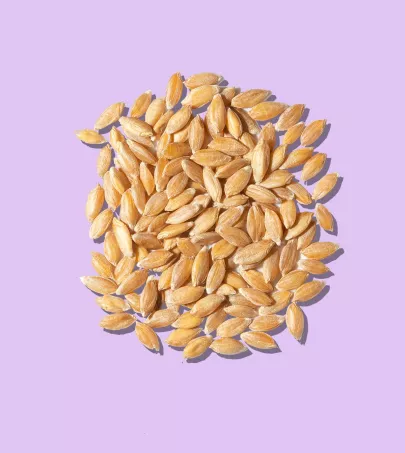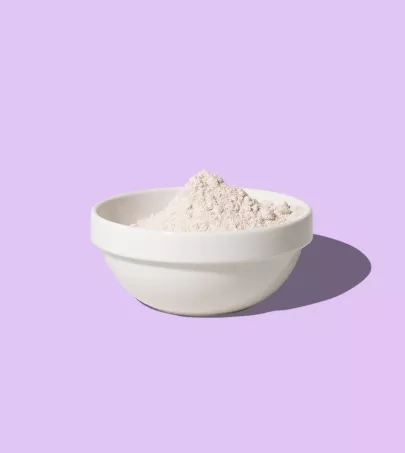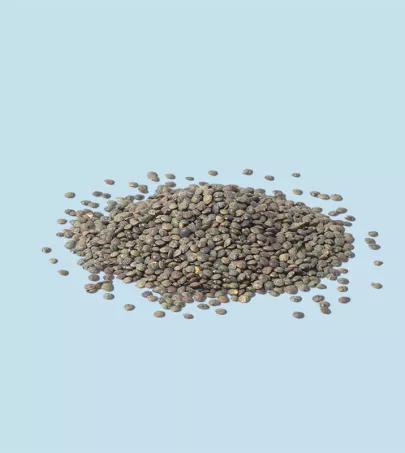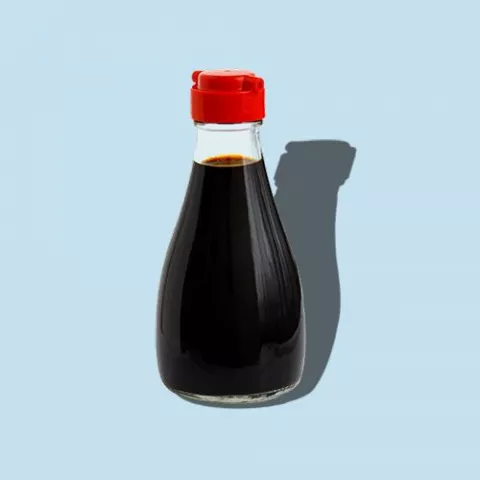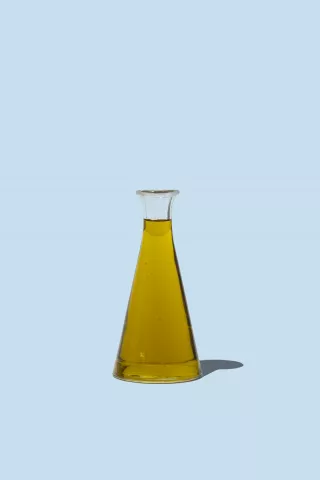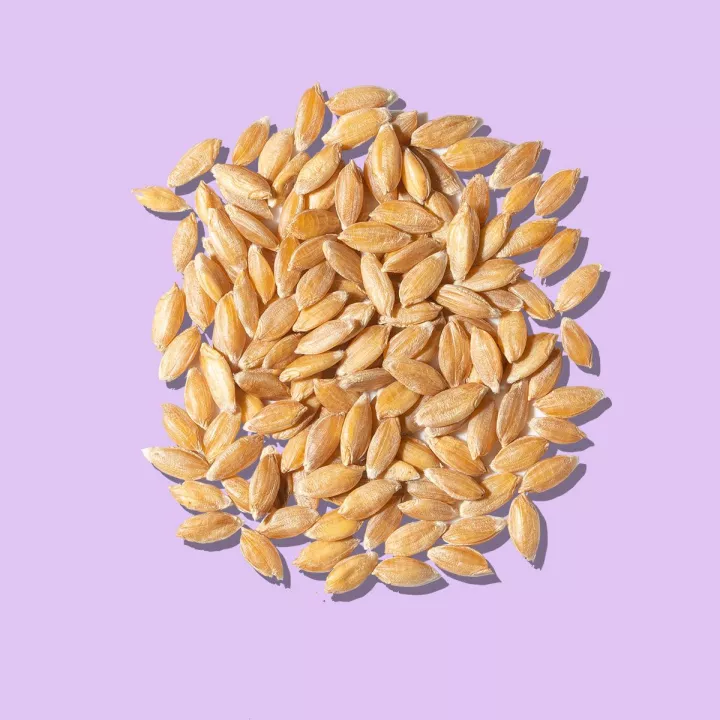
Haute-Provence Einkorn PGI
Provence-Alpes-Côte d'Azur
Hardy and nutritious, einkorn wheat from Haute-Provence has it all. So much so, that it makes a great alternative to pasta or rice. Realizing its value, farmers in Haute-Provence got together in 2010 to obtain PGI status for their wheat. Essentially, this guarantees an exemplary product, thanks to a historical production area, local, non-hybrid seeds, and extensive farming, without the use of pesticides. The result? A deliciously rustic flavor!
What you need to know
Life has not always been easy for einkorn wheat. Traditionally believed to be one of the first cereals grown by man, it quickly became part of every meal. That is until it was rejected by the Romans. In Provence, it was revived by the Nordic tribes who followed them. But in the 5th century, the same thing happened again. Einkorn fell out of fashion, due to low yields and being slightly laborious to process. Despite that, it continued to be farmed in Haute-Provence and is grown there to this day. Every year in the 235 communes of the PGI, which are located at an altitude of 400 m, it is sown in mid-October, once every three years on each plot of land, and then harvested at the end of August. At no point in between is any chemical introduced. Just a little mechanical weeding if necessary. The einkorn is stored for a maximum of two years before the hulls are removed, and the grain is sorted and packed. Next stop, the kitchen!
Characteristics
Look
Taste
Nutritional benefits
Einkorn contains all eight essential amino acids and is low in gluten.
Editor's note
How to use
Storing Haute-Provence Einkorn PGI
In a jar or tin, in a dry space away from light, for several months.
Preparing Haute-Provence Einkorn PGI
It is a good idea to rinse Haute-Provence einkorn before cooking, or even soak it for a few hours.
Using Haute-Provence Einkorn PGI
Cook it as you would rice, in water, milk or by gradually adding stock, as you would if making a risotto.
Pair with
For savory dishes, with Provence vegetables like olives, zucchini, tomatoes, eggplant, purple artichokes, etc. It can also be served as a dessert, combined with vanilla, chocolate, raspberries, etc. To drink, we suggest a Coteaux-Varois-en-Provence rosé - it's a match made in heaven!

